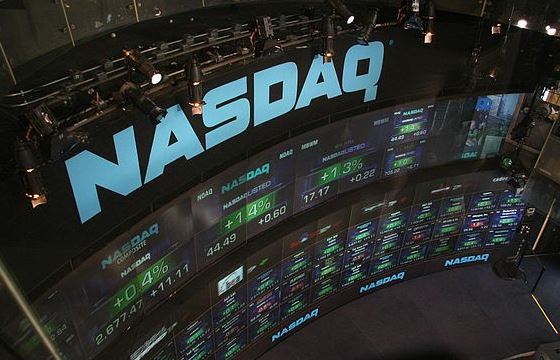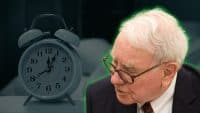It is not very long ago that the Nasdaq was below 3,000 — December 2012, in fact.
More important, not very much has changed in terms of the general economy and company earnings since then. In other words, the foundations of Nasdaq at 4,000 are weak. That alone could trigger a huge correction.
The Nasdaq made it all the way to 4,336 in March. Since then it has dropped below 4,000. A lot of the fall has been blamed on “overvaluation” of Web 2.0 stocks and biotechs.
However, that explanation is too simplistic. By historic measures, the economic recovery is very fragile. A full recovery, traditionally, has moved the national unemployment rate below 5%. The rate was 6.7% in March and may not fall below 6% this year. And, there is the oft-mentioned pool of people who have been out of work for half a year or more — and with that the argument that the longer people are out of work, the harder it is for them to find jobs.
Another by-product of a weak recovery is that more people are not employed full-time and have no benefits. Economists see this cascading down through the larger economy affecting consumer confidence and spending. The stock market and economy may have become “uncoupled.” That cannot go on forever.
The observation that company earnings will be very weak for the first quarter seems to be talked about and written more and more about as the results start to be released. Weak consumer spending will catch up to public companies which sell to consumers. In turn, businesses which supply consumer-based businesses will be hampered. The sharp cost cuts which happened during the recession cannot be duplicated. Public companies have run out of cost-savings tricks as their revenue improvement falters.
However, the best way to look at the Nasdaq’s run up and potential drop are driven is an understanding of how few stocks actually make up a huge portion of the indexes value. At the top of this list is Apple Inc. (NASDAQ: AAPL). Its earnings will come out on April 23, as will its iPhone 6 some time after that. Investors have already moved away from the shares, often because they believe the company has lost its ability to top the consumer electronics sector in innovation.
Facebook Inc.’s (NASDAQ: FB) market cap topped $180 billion when the Nasdaq hit a 14-year peak in early March. Now there is more anxiety that a company which makes a few hundred million each quarter could be worth anything close to that.
Amazon.com Inc.’s (NASDAQ: AMZN), which almost no one would argue does not have a very good business, has become a spending machine as its increase efforts to move into consumer electronics and media deliver. While these projects may become successful, Amazon’s margins will be hurt in the meantime. That can help explain why the shares have fallen more than 23% since peaking on Jan. 22.
The only very big stock in the Nasdaq that looks relatively undamaged is Google Inc. (NASDAQ: GOOG). Its advertising based model, which was once viewed as too narrow, has done particularly well in the last year. But, single product companies will always be vulnerable. Google is the Nasdaq’s champion, which means poor results from the search engine company could be the primary cause for a Nasdaq flat spin.
It took 15 months for the Nasdaq to move from 3,000 to 4,000. With the right mix of bad news, it could reset back to the lower level much more quickly.
Are You Ahead, or Behind on Retirement? (sponsor)
If you’re one of the over 4 Million Americans set to retire this year, you may want to pay attention.
Finding a financial advisor who puts your interest first can be the difference between a rich retirement and barely getting by, and today it’s easier than ever. SmartAsset’s free tool matches you with up to three fiduciary financial advisors that serve your area in minutes. Each advisor has been carefully vetted, and must act in your best interests. Start your search now.
Don’t waste another minute; get started right here and help your retirement dreams become a retirement reality.
Thank you for reading! Have some feedback for us?
Contact the 24/7 Wall St. editorial team.





